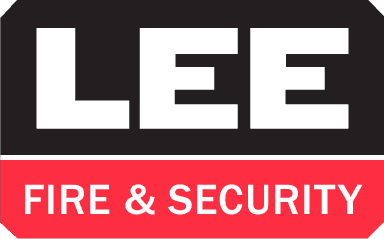What you can and can’t record (legally) with CCTV

There has never been a better time to invest in a personal CCTV security system. With more of us spending more time at home than ever before and certain individuals taking advantage of the chaos and confusion of coronavirus, it’s an investment in the safety and security of your home and your family that you’ll be glad you made.
However, for those just dipping their toes into the waters of personal surveillance, there can be some uncertainty over what it is and what isn’t legal to record and keep.
All individuals have the right to protect their property and CCTV can help immeasurably with that protection as long as it’s operated responsibly and with respect for the privacy of others.
While it was once seen as relatively commonplace for businesses to install CCTV but not domestic spaces, it’s far more popular today but it has also led to neighbours complaining that their privacy is being impeached.
So, how can you install a CCTV surveillance system without spooking your neighbours and breaking the law?
Consider others as much as yourself
When placing your cameras, think about how their location and angling will affect those around you.
It’s common to have cameras facing out the front and rear of your home but does that mean they also look into the garden or front garden of your next-door neighbours?
Be aware that the moment you start recording footage outside of your property you become subject to the data protection act.
Be transparent about it
Don’t be sneaky about your system – be loud and proud about it by telling your neighbours before they are installed and putting large visible signs up letting people know they are being recorded.
This in itself could prove a spectacular deterrent to criminals and should reduce the number of complaints you receive.
Delete recordings regularly
You’re probably going to want to do this anyway as there will be finite storage on your hard drives (unless you have a cloud storage security solution set up), but it’s important to go through your tapes regularly and delete all unnecessary older footage.
You should also be aware of how to use your system properly and that you are aware of all the recordings you keep.
Remember, you are ultimately responsible for everything your CCTV captures and the images you capture cannot legally be used for any reason other than to protect your home and your family.
Manage your footage
All recordings must be dated and time-stamped and should be stored in a safe and secure location that cannot be accessed easily by third parties.
Be aware that if there is an incident that takes place around your home and the police notice your system, your surveillance footage might be called upon as evidence to help in an investigation. You must turn this footage over whenever asked.
Ultimately, CCTV is a major investment and one that should not be made lightly. However, as long as you are respectful of your neighbour’s privacy, are sensible with your footage and know how to work your system, you’ll be glad you took the extra step to protect your property and family.
